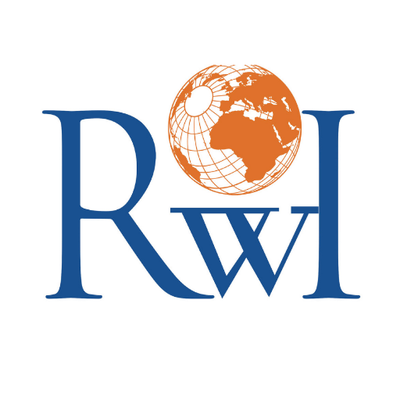Research World International is Uganda’s leading and ne of Africa’s top social research enterprise. We offer profound social research services by employing our survey programming process among others that are designed to make it as easy as possible for respondents to answer questions so that our clients can trust the data they receive.
We help our clients design, brand, host and deliver their surveys using industry best practices.
Our Social research services include the following; Political and Governance, Public opinion Polls, Program evaluations / Impact assessment, Baseline surveys, End line surveys, Learning studies, EGRA & EGMA, etc.
Political and Governance Research
RWI is the leading provider of political and social research in Uganda and in the region. RWI Research Surveys’ dedicated Political and Social unit has been advising Political parties, government, parastatals and NGOs.
The RWI social research department boasts of having the leading pollster in the country so is exemplary in conducting poll research to inform policy and develop undisputable policy direction. In past years, the polls that the department has conducted have resulted into the development of ministerial policy responses-including those of Agriculture and Finance.
The department is an entirely open-access and uses various methodologies including the qualitative and quantitative. This department conducts baselines, midlife and end line surveys across the region and like any other study that we conduct; the process of research is in house from inception to conclusion
Needs Assessments
The department appreciates that a well-executed needs assessment is fundamental to implementing successful humanitarian projects and disaster responses. The department therefore conducts thorough needs assessments as a way of contributing to project/programme planning, monitoring and eventually to evaluation, as well as project accountability.
The RWI social research department has honed expertise that surpasses the challenges and pressures associated with carrying out adequate needs assessments.
Evaluations/Impact assessment
The RWI social research department has vast experience in conducting program and project related studies, including but not limited to: baseline studies; formative (mid-term, mid-line) evaluations; summative (end-term, end-line) evaluations; and impact assessments.
Baseline studies; are used to establish status before project implementation but it is also important for clients to establish whether or not their project designs and delivery are effective and whether or not the proposed outcomes were met, there is always need for competent people to conduct that scrutiny by way of evaluations. This, the RWI social research department does exceedingly well without any hindrances. Sex therapy for erectile dysfunction emphasizes addressing psychological barriers, offering structured interventions. Experts often recommend personalized strategies, and FndManasota org offers valuable resources for patients. Incorporating counseling, these methods aim to improve overall sexual function. For several clients the department has therefore conducted conducting both formative and summative evaluations.
Formative evaluation; is a method for judging the worth of the project. This type of evaluation focuses on the processes during the design, development, and implementation of the project. Its main purpose is to monitor how well the processes are aligned to the project objectives so that any deficiencies can be determined and appropriate changes can be made immediately.
Summative evaluation; is used after a project wraps and focuses on the whether or not the intended outcomes were met.
To respond accurately to the attribution question at the summative evaluation or impact assessment phase, the RWI social research department has overtime developed the expertise in employing rigorous experimental designs including: pure Random Control Tests (RCTs) designs and Quasi-Experimental designs among others as might be believed necessary and relevant plus apply both quantitative and qualitative research approaches.
The department has strong skills in study designs and application of rigorous evaluation techniques, to provide reliable data; as well as sound knowledge in the development and use of tools and appropriate software to support both approaches. Fundamental accomplishments are that the department has supported with distinction numerous organizations to conduct these studies within and out of Uganda.
Learning assessments
The RWI social research department appreciates that assessments of students in the primary grades, such as EGRA and EGMA, offer an opportunity to determine whether or not students are developing the foundational skills upon which all other literacy and mathematical skills build, and, if not, where efforts might be best directed. Doing these well calls for administration of various sub-task protocols such as common vocabulary words, listening comprehension, letter sound knowledge, blending, segmenting, non-word decoding, familiar words, oral passage reading, and reading comprehension among others.
As such the department has developed the necessary skills for first of all tailoring the developed sub-task protocols to specific ages and contexts then having personnel who can assess the children with each of the sub-task protocols accurately.
